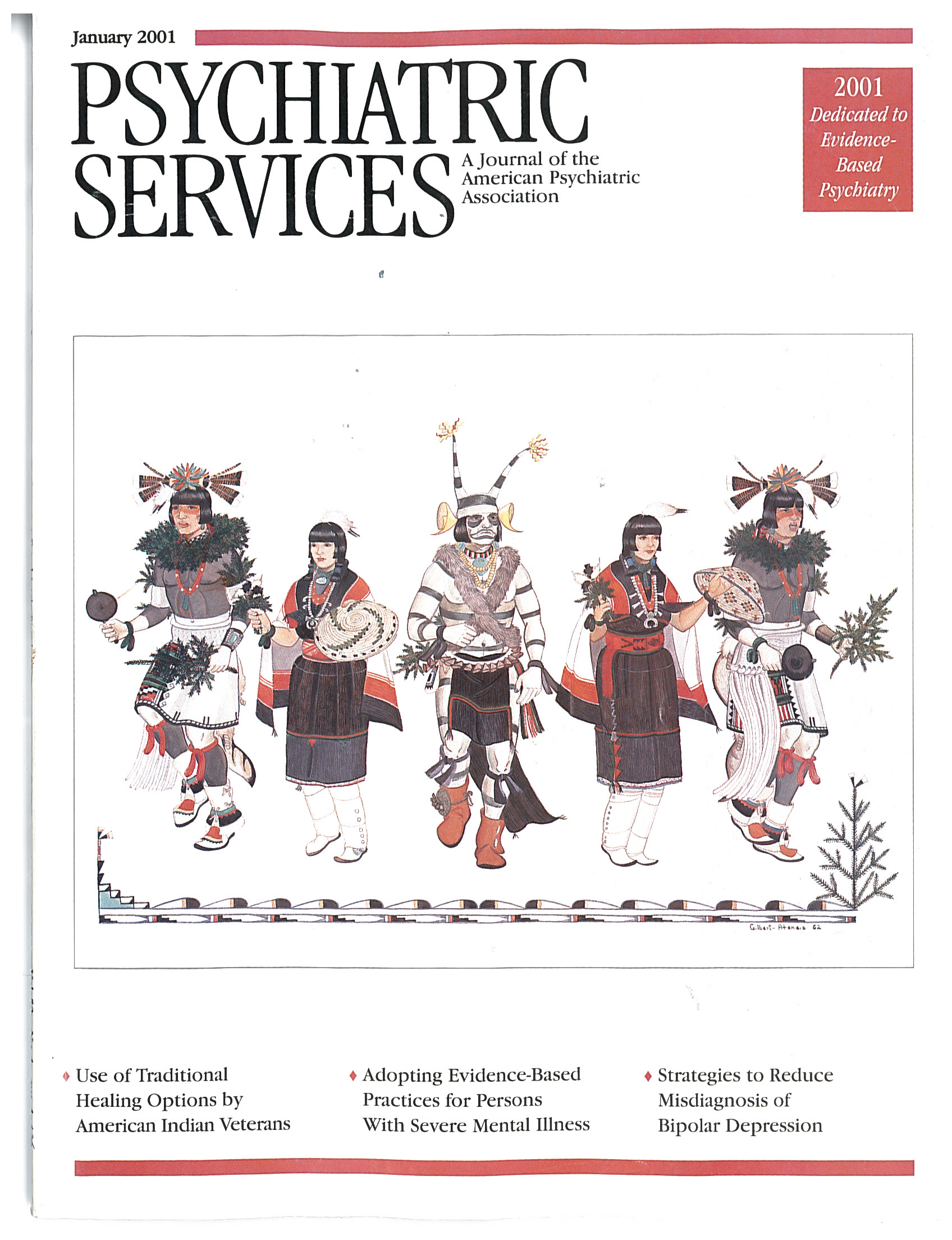Another Country: Navigating the Emotional Terrain of Our Elders
We Americans loathe growing old; we fear not only death itself but also its inexorable harbingers: diminishment, isolation, and loss. For this and many other reasons, the oldest members of our society tend to be sequestered, physically and socially, largely out of sight and mind. Another Country, the metaphoric title connoting this separation, represents Mary Pipher's attempt to come to terms with her own fears of growing old and to "map out the terra incognita between old people and their children to help each generation to understand the other."
The book is an amalgam of Reader's Digest-style life stories of average elderly Americans, informed by both psychological and sociological analysis and commentary. Vignettes describing the emotional and physical landscape of old-old age are drawn from the author's own extended family, from histories related by her clients in therapy, and from interviews she conducted with Midwestern senior citizens.
Pipher, a gifted writer, imbues her mostly ordinary characters, often through their own words, with presence and appeal. Although some poignant stories highlight positive outlooks and feelings reported by the "resilient" old, much of the personal narrative describes irrevocable painful losses in the end stages of life. This is not a book to take on vacation.
In structure and approach, Another Country is similar to the author's widely read earlier work on adolescent girls, Reviving Ophelia. Each book focuses on a different age group of the population, explicates and analyzes psychological dysfunction in that group, and connects the pathology to negative social messages and practices. Another Country reviews the rapid value changes in our culture and attributes part of the lack of connection between the old-old and subsequent generations to the ramifications of these differences. Over three generations the social virtues of loyalty, cooperation, conformity, and duty have largely been replaced by an emphasis on self-satisfaction, autonomy, and independence. As mobility has also increased, the loss of physical community and its attendant communal values has left all of us bereft of the satisfaction found in long-term, meaningful connections with others. These changes in social structure have reduced the role and potential contribution of our elders. They have become detritus in an age-segregated social fabric.
Pipher argues that correcting these social—and the resultant psychological—ills that plague our country will create a healthier, happier society for all. The prescription she advances is to reconnect the generations so they can share in creating a more supportive, communal culture. In support of this thesis she cites research done by James House in 1988, which found greater longevity among Italian immigrants who stayed in their three-generation households than among those who moved away.
Concrete actions are described that individuals can take to help themselves and contribute to the larger goal of a healthier society. Families are encouraged to "celebrate decade birthdays with family reunions, tributes, poems, and songs in honor of the birthday person. Adult children and their parents should have a certain day, perhaps every year for the old-old, when they discuss the future, … health updates, financial and housing plans, discussion of new needs, and new anxieties." Pipher advocates creating cultural rituals, markers, and rites of passage for the old and dying that will help engender more respect and understanding. "Planning for death should be like planning for college," she says, "something that happens routinely after research, thought, and discussion."
Pipher's book ferrets out wisdom and truth cloaked in mundane lives. She urges us to find ways, individually and as a nation, to face and foster a more graceful, less painful leave-taking. Good advice, yet I suspect that the despair-ridden terrain of Another Country will discourage many readers from making the trip.
Dr. White is assistant professor in the department of psychiatry at the University of Massachusetts Medical School in Worcester.



